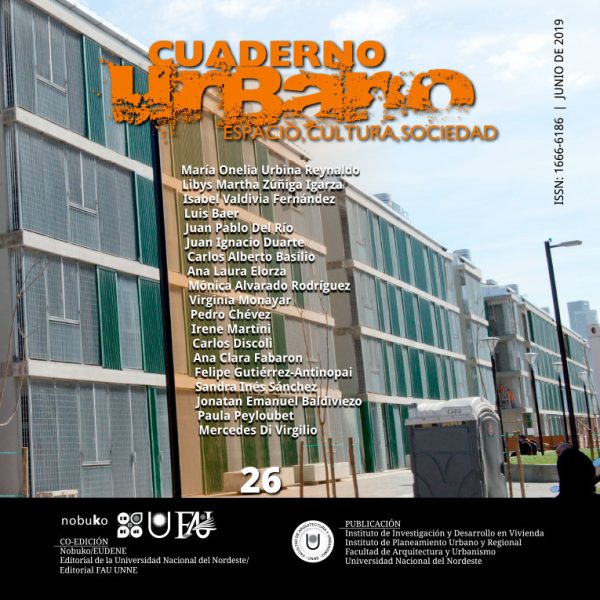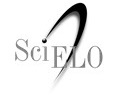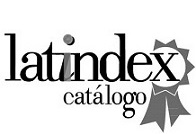La tecnología como territorio de la co-construcción del conocimiento en el campo del hábitat
DOI:
https://doi.org/10.30972/crn.26263831Palavras-chave:
Tecnología, epistemología, metodología, co-construcción, conocimientoResumo
El artículo presenta una introducción que instala dos ejes, la provocación epistémica y el concepto triádico de la tecnología. La primera sección, base teórica, convida autores precursores de la producción de conocimiento colectivo, que desafiando las convenciones del método científico ponen en rango epistémico el saber de sentido común. Esta parte sostiene dos dimensiones tecnológicas: la democrática y la colaborativa. La segunda sección, base empírica, comparte una experiencia tecnológica en el marco de un proceso democrático y colectivo que resultó ser una lección compartida que alimentó la teoría. La tercera sección, base metodológica, eleva la conversación al estatus de instrumento de acción, como puente cognitivo, para promover la co-construcción de conocimiento. Por último, unas conclusiones no finales reflexionan acerca de una serie de criterios que iluminan acciones tendientes hacia la co construcción del conocimiento en un territorio atravesado por la tecnología.
Downloads
Referências
(1) Dagnino, Renato (2010). Tecnología Social: ferramenta para construir outra sociedade. Campinas: Ed. KACO.
(2) Feyerabend, Paul (2010). Tratado contra el método. Siglo XXI (Orig. 1975), México DF.
(3) Grosfoguel, Ramón (2013). Para una descolonización epistemológica del paradigma moderno de conocimiento. CEIICH-UNAM. Programa de investigación: El mundo en el Siglo XXI. Recuperado de www.youtube.com/watch?v=DYks4qCoZEo
(4) Latour, Bruno (2008). Reensamblar lo social. Una introducción a la teoría del actor red. Buenos Aires: Manatial.
(5) Latour, Bruno (2013). Investigación sobre los modos de existencia. Una antropología de los modernos. Buenos Aires: Paidós.
(6) Lyotard, Jean Francoise (1987). La condición postmoderna. Informe sobre el saber. Madrid: Cátedra.
(7) Mignolo, Walter (2010). Desobediencia epistémica: retórica de la modernidad, lógica de la colonialidad, gramática de la descolonialidad. 1.ra Ed. Buenos Aires: Del Signo.
(8) Peyloubet, Paula (2014). Rango epistémico al saber de sentido común. Revista de Antropología Experimental. Universidad de Jaén, 14, 53-65, España.
(9) Peyloubet, Paula (2018). Convidar Tecnología. Una propuesta a partir de la co-construcción. Buenos Aires: Diseño Ed.
(10) Queraltó, Ramón (1993). Mundo, Tecnología y Razón en el fin de la modernidad. ¿Hacia el hombre more técnico? Barcelona: Ed. PPU, SA.
(11) Santos, Boaventura de Sousa (2009). Una epistemología del sur: la reivindicación del conocimiento y la emancipación social. México DF.: Siglo XXI Ed.
(12) Winner, Langdon (1987). La ballena y el reactor. Una búsqueda de los límites en la era de la alta tecnología. Barcelona: Ed. Gedisa.
(13) Yehia, Elena (2007). Descolonización del conocimiento y la práctica: un encuentro dialógico entre el programa de investigación sobre modernidad/colonialidad/decolonialidad latinoamericanas y la teoría del actor-red. Tabula Rasa, 6, 85-114. Colombia.
Downloads
Publicado
Edição
Seção
Licença
CUADERNO URBANO sostiene su compromiso con las políticas de Acceso Abierto a la información científica, al considerar que tanto las publicaciones científicas como las investigaciones financiadas con fondos públicos deben circular en Internet en forma libre, gratuita y sin restricciones.
CUADERNO URBANO ratifica el modelo Acceso Abierto en el que los contenidos de las publicaciones científicas se encuentran disponibles a texto completo libre y gratuito en Internet, sin embargos temporales, y cuyos costos de producción editorial no son transferidos a los autores. Esta política propone quebrar las barreras económicas que generan inequidades tanto en el acceso a la información, como en la publicación de resultados de investigaciones.





.jpg)








